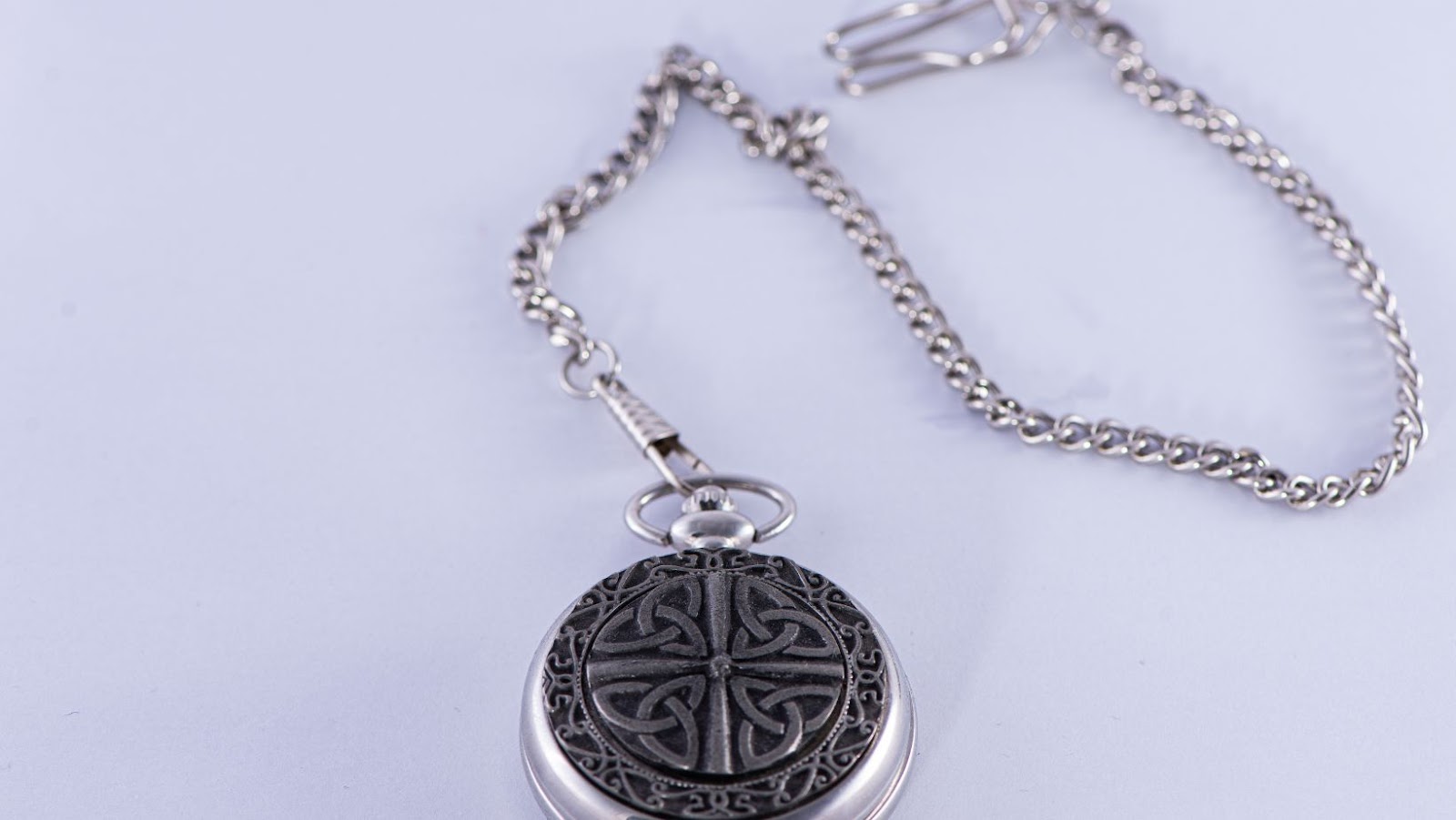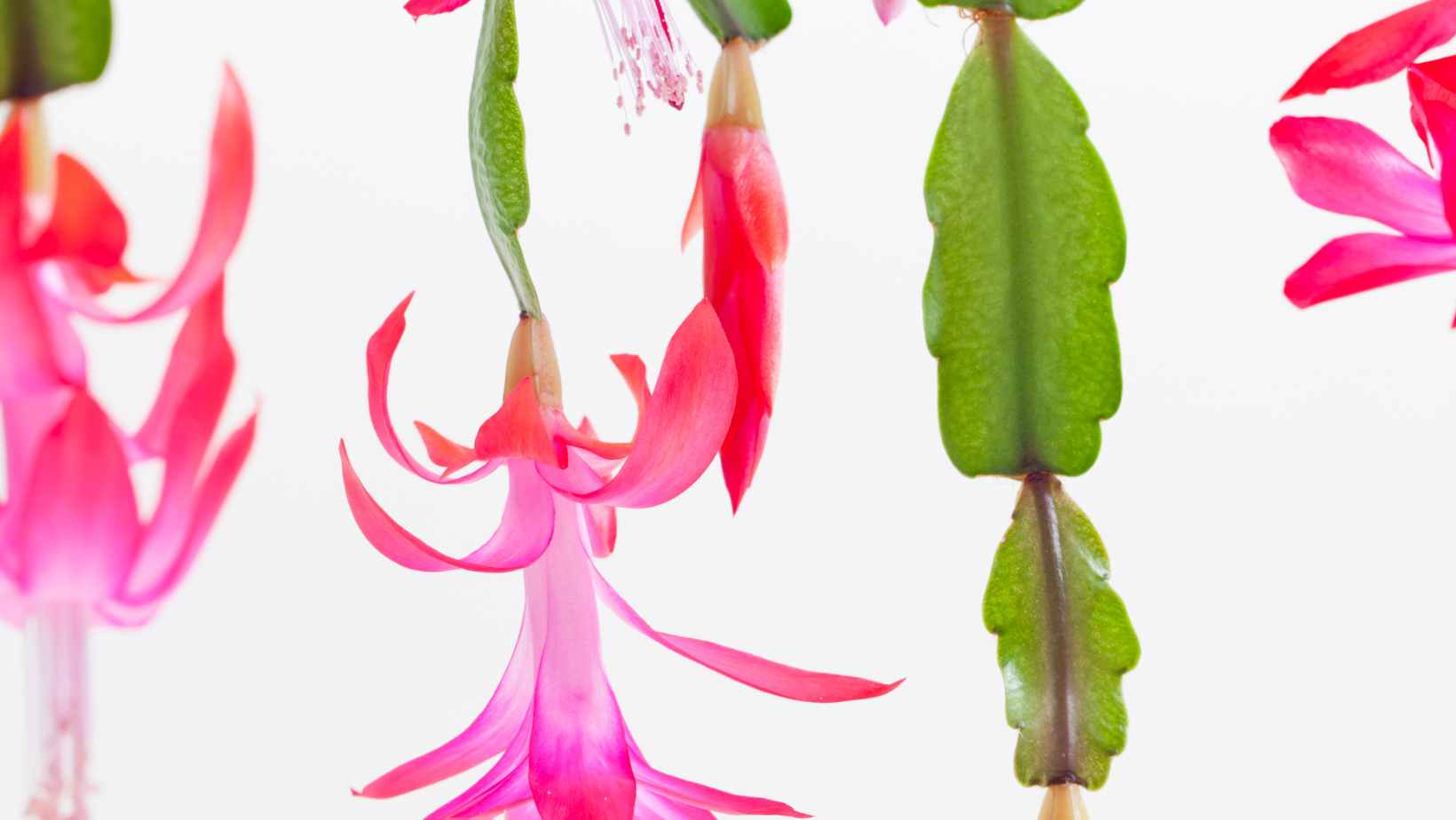A locket is a piece of jewellery that has been popular for centuries. It is typically worn around the neck and consists of a small hinged case that contains a keepsake. The keepsake can be a picture of a loved one, a lock of hair, or even dried flowers.
The locket was traditionally given as a gift to symbolise love, friendship, or remembrance. It has a romantic and sentimental essence that has stood the test of time. Lockets come in many shapes, sizes, and designs, such as hearts, ovals, circles, and even crosses.
In recent times, lockets have become a popular gift to celebrate milestones such as weddings, graduations, and the birth of a child. They are also often passed down as family heirlooms, making them a cherished piece of jewellery for generations. But what truly makes a locket special is the memories and emotions that it holds.
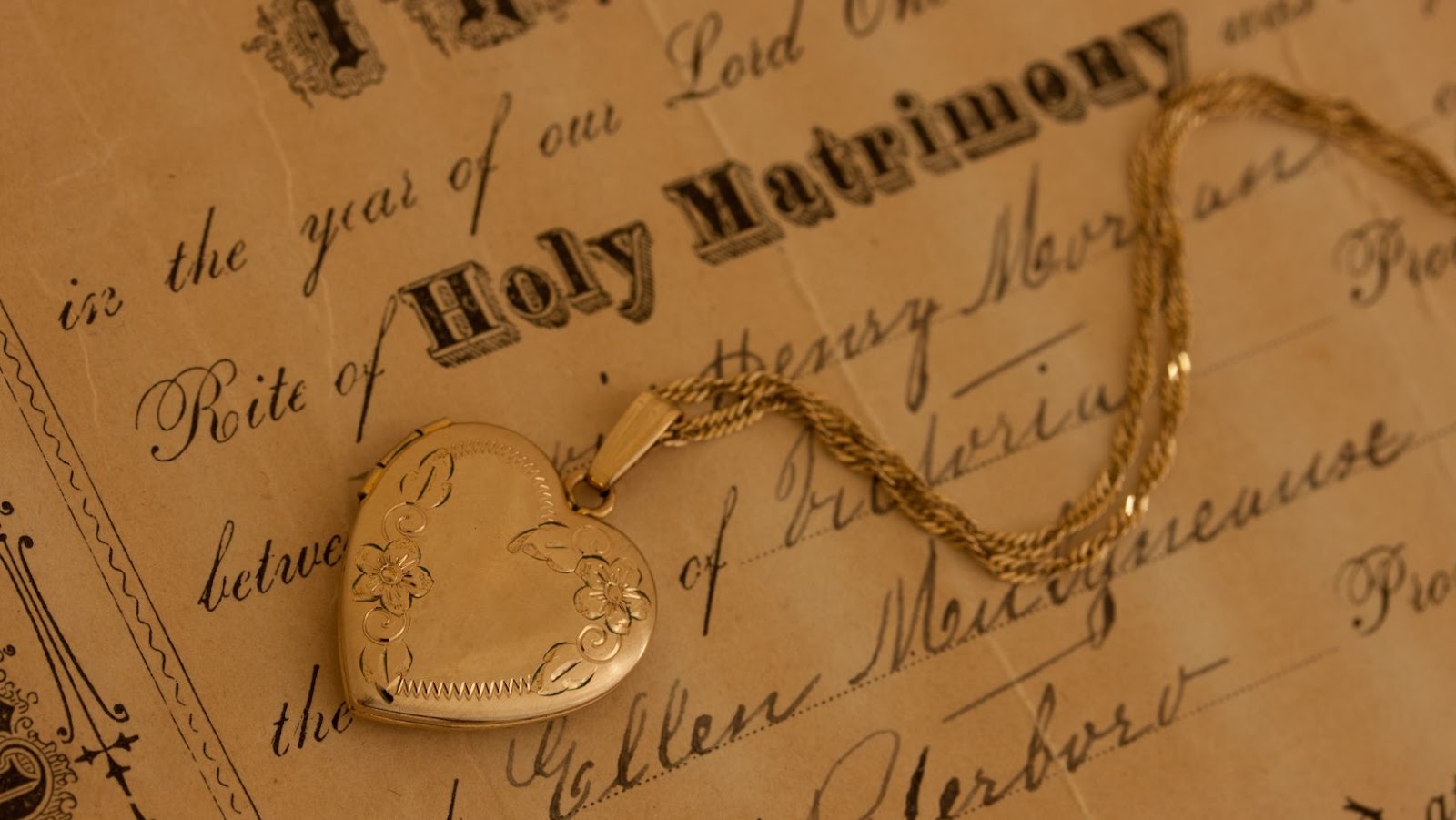
The History of Lockets
Lockets are timeless pieces of jewellery that have been around for centuries. So, what is a locket? A locket is a type of necklace or bracelet that opens to reveal a small compartment for holding a photo, a lock of hair, or other small items that hold emotional value.
Lockets first appeared in Europe in the 16th century, during the Renaissance period. Back then, they were worn as pendants and contained portraits of loved ones, royalty, or religious figures. They were also given as gifts to symbolise love and friendship.
During the Victorian era in the 19th century, lockets became even more popular. Queen Victoria herself was often seen wearing a locket containing a lock of Prince Albert’s hair. Lockets during this time were often embellished with intricate designs and were worn as a symbol of mourning, with the hair of the deceased placed inside.
Lockets continued to evolve in the 20th century, with new materials and designs being introduced. During World War II, soldiers often carried small photo lockets of their loved ones with them for comfort and inspiration.
Today, lockets remain a popular piece of jewellery, with many styles and designs available. They not only preserve precious memories, but can also be a statement piece for fashion-forward individuals.
In conclusion, the history of lockets spans centuries and has been cherished by many cultures and individuals throughout history. Whether it’s a vintage heirloom or a modern design, lockets are a timeless way to keep cherished memories close to your heart.
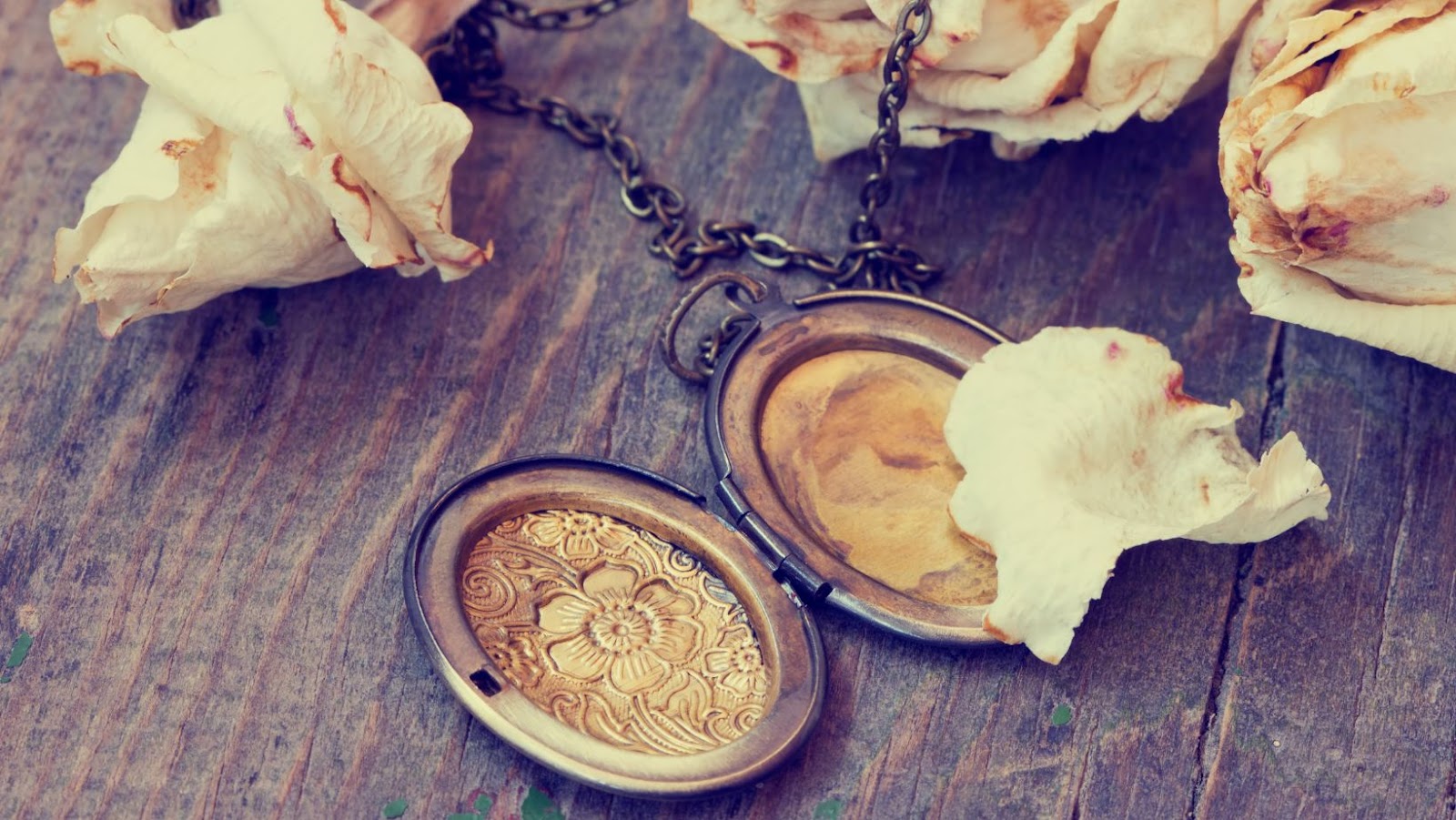
Different Types of Lockets
A locket is a piece of jewellery that has been around for centuries. It’s a small, usually flat, hinged case that can hold a photograph or other small keepsake. There are many different types of lockets available, each with its own unique style and features.
Here are some of the different types of lockets that you may come across:
- Classic Lockets: These are the most common type of lockets. They are usually round, oval, or heart-shaped and made of metal. They have a small hinge and clasp that allows you to open and close the locket. Classic lockets can hold one or two photographs and are often passed down through families as heirlooms.
- Memory Lockets: Memory lockets are a more modern take on the classic locket. They are usually larger and have clear glass or plastic on one side, allowing you to see the keepsakes inside. Memory lockets can hold a variety of items, such as photographs, charms, beads, and other trinkets.
- Poison Lockets: Poison lockets, also known as perfume lockets, were popular in the Victorian era. They are designed to hold a small amount of perfume or other fragrance inside. The wearer could open the locket and sniff the fragrance at any time. Some poison lockets were also designed to hold poison, hence the name.
- Memento Mori Lockets: Memento mori lockets were popular in the 16th and 17th centuries. They were used to remember a loved one who had passed away. These lockets often featured symbols of death, such as skulls, bones, and hourglasses.
- Vinaigrette Lockets: Vinaigrette lockets were popular in the 19th century. They were similar to poison lockets but were used to hold a small amount of vinegar or other aromatic substance, which the wearer could sniff to combat unpleasant smells.
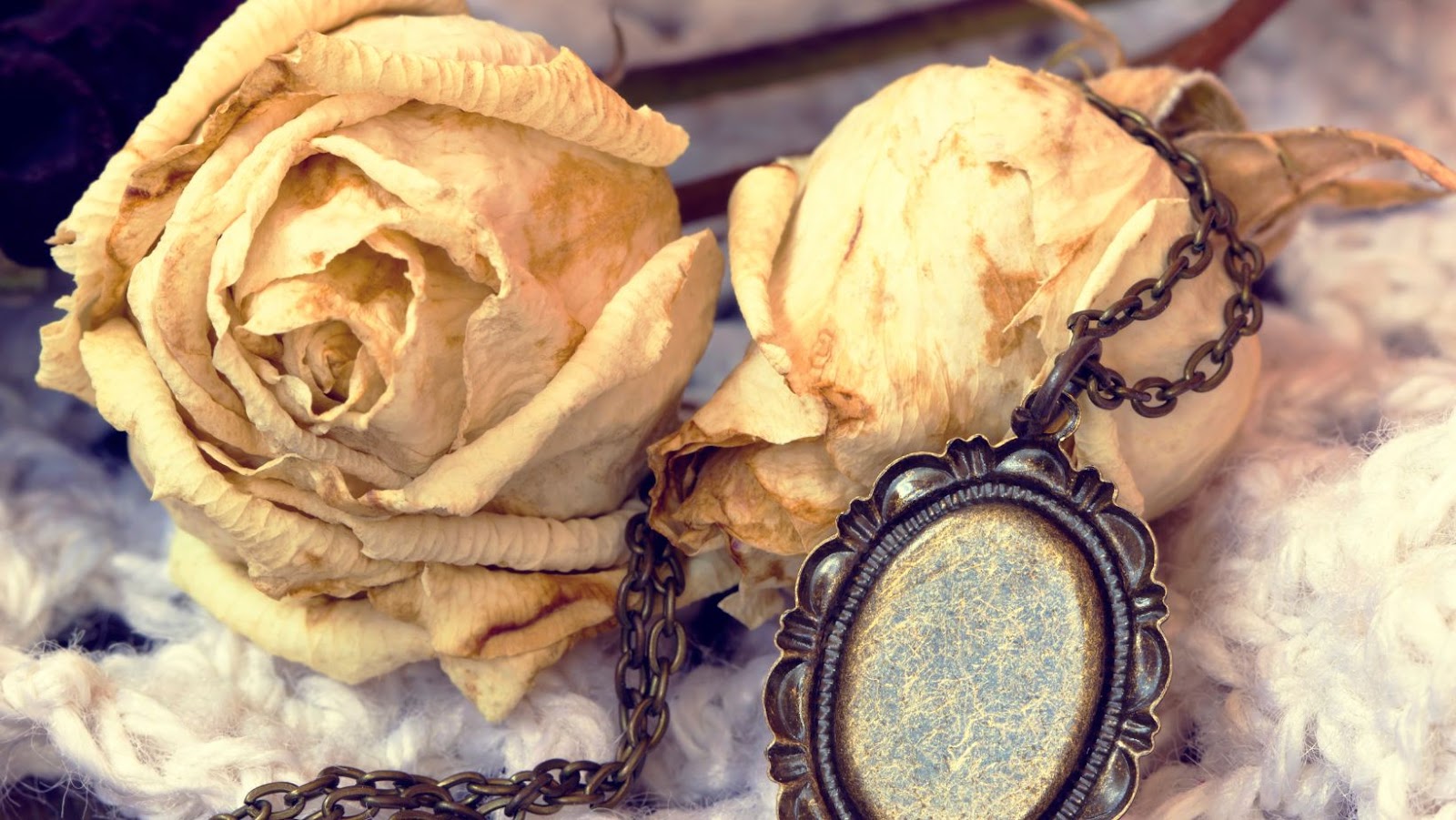
In conclusion, there are many different types of lockets available, each with its own unique style and features. Whether you’re looking for a classic locket, a modern memory locket, or a vintage poison locket, there’s sure to be one that suits your tastes and needs.
When it comes to jewellery, lockets are a classic choice that never goes out of style. But what is a locket, exactly? Simply put, a locket is a piece of jewellery that opens up to reveal a small compartment where you can hold a picture or other small keepsake. Lockets can be worn on a chain around the neck or as a charm on a bracelet.
If you’re curious about how to wear and care for your locket, there are a few things to keep in mind. Here are some tips:
- Choose the right chain length: When wearing a locket as a necklace, make sure you choose a chain length that complements your neckline and the size of your locket. A shorter chain may be best for a smaller locket, while a longer chain can work well for a larger locket or a layered look.
- Handle with care: Lockets are often delicate pieces of jewellery, so it’s important to handle them with care. Avoid exposing your locket to harsh chemicals or excessive moisture, and store it in a cool, dry area when you’re not wearing it.
- Keep it clean: To keep your locket looking its best, clean it regularly with a soft cloth. If your locket is tarnished, you may be able to restore its shine with a commercial jewellery cleaner or some simple DIY cleaning methods like baking soda and vinegar.
By following these tips, you can help ensure that your locket stays in great condition and continues to offer you a beautiful way to carry your favourite keepsakes with you wherever you go.

